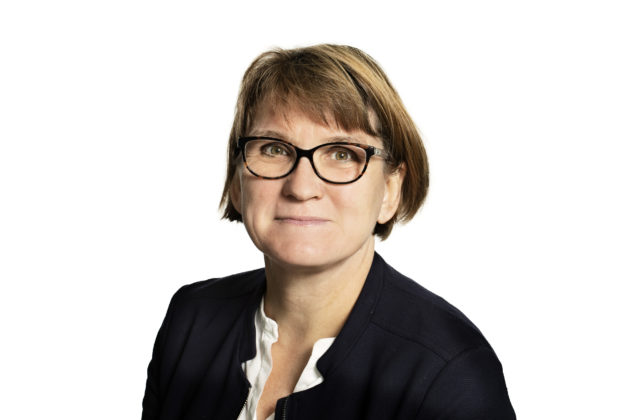Dahl, Hanne Marlene
NIAS Fellow

The changing landscape of elderly care – Developing new concepts
Currently, we witness a changing landscape of elderly care with neo-liberalism, new forms of governance, transformed gender relations and migration. Existing theorization cannot grasp this caring landscape and I will therefore develop a scientific vocabulary answering the question: How can we develop concepts like ‘assemblage’, ‘relatedness’, ‘silence’ and ‘strangers’ so they become useful in feminist research on elderly care?
Project Description
Currently, we witness a changing landscape of elderly care with neo-liberalism, new forms of governance, transformed gender relations and migration. Elderly care becomes more discontinuous and fragmented with an increasing number of different, alternating people involved e.g. close others, voluntaries, care workers and welfare professionals. Existing theorization cannot grasp this new caring landscape and I will therefore develop a new scientific vocabulary answering the question: How can we develop concepts like ‘assemblage’, ‘relatedness’, ‘silence’ and ‘strangers’ so they become useful in feminist research on elderly care? I will use insights from Philosophy, Sociology, STS and feminist research to theorize concepts and ground them empirically in diaries/video diaries, novels and short stories from everyday lives of fragile elderly in three different, European welfare state contexts.
Selected Publications
1) Dahl, Hanne Marlene (2017): Struggles in (elderly) care – A feminist view. London: Palgrave Macmillan.
2) Dahl, Hanne Marlene (2009):’New Public Management, Care and Struggles about Recognition’, Critical Social Policy 29 (4): 634-654.
3) Dahl, Hanne Marlene and Eriksen, Tine Rask (eds.) (2005). Dilemmas of Care in the Nordic Welfare States – Continuity and Change. Aldeshot: Ashgate.